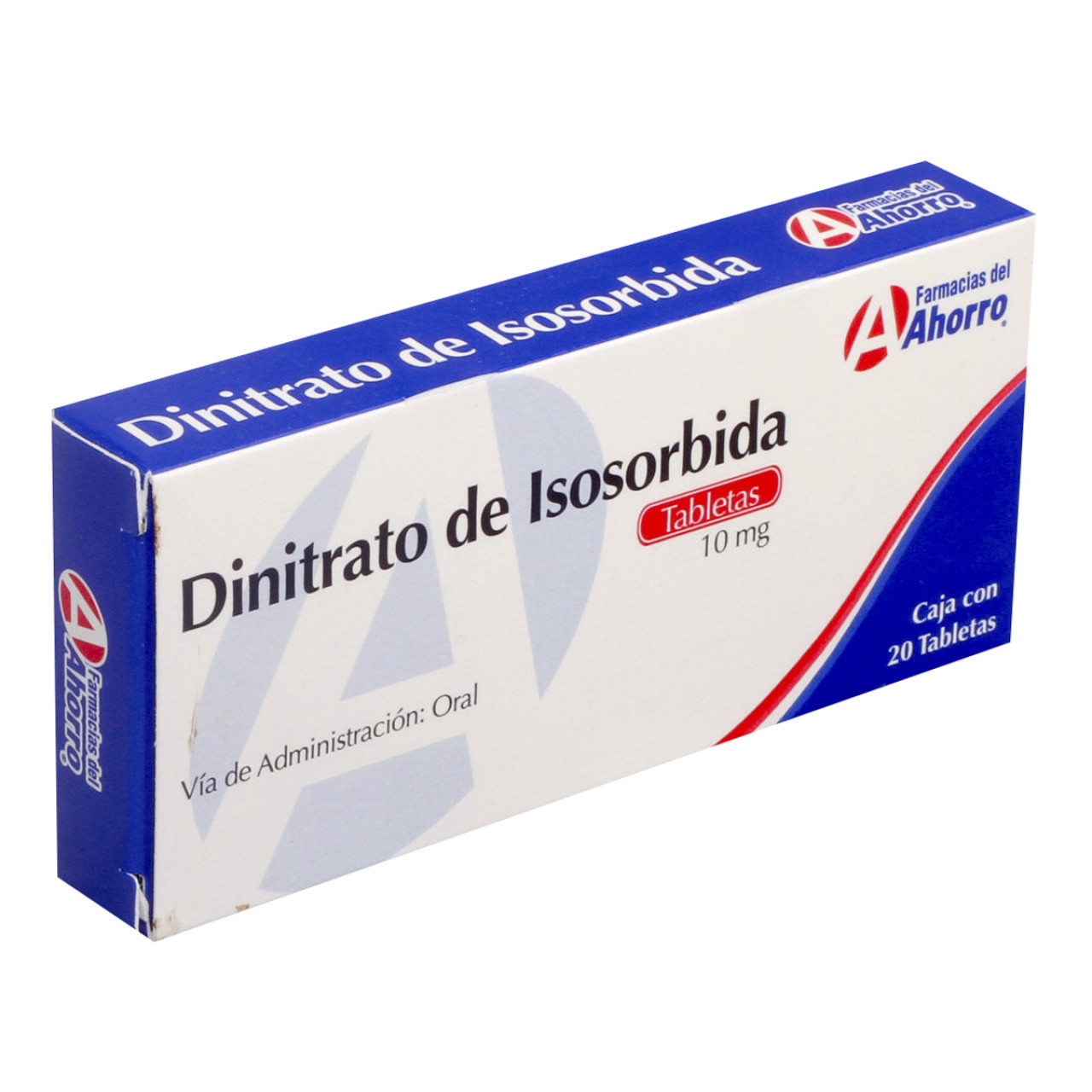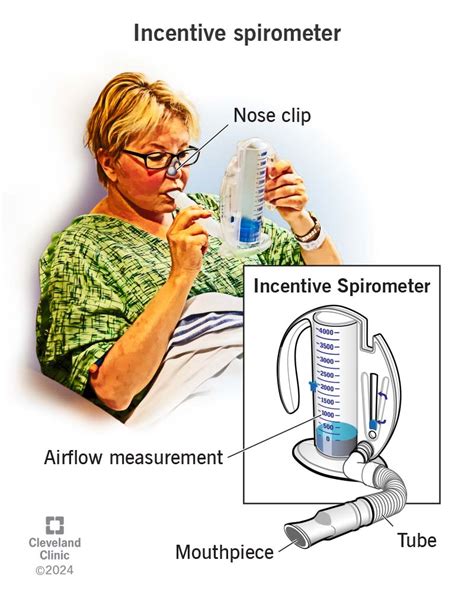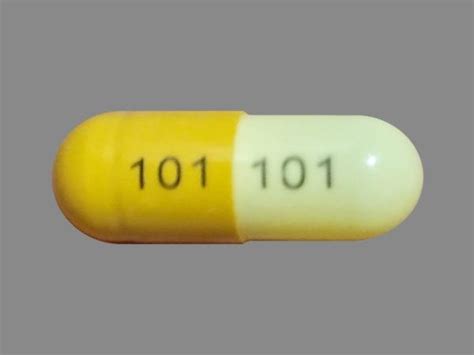Isosorbide Mononitrate Uses

Isosorbide mononitrate is a medication that belongs to the class of nitrates, which are primarily used to treat angina pectoris, a condition characterized by chest pain or discomfort due to transient myocardial ischemia. This condition occurs when the heart muscle does not receive as much blood and oxygen as it needs, often a result of coronary artery disease. Isosorbide mononitrate works by relaxing and widening the blood vessels, which improves blood flow to the heart, reducing the amount of blood returning to the heart, and increasing oxygenation of the heart muscle. This action helps to alleviate the symptoms of angina by reducing the workload on the heart.
Mechanism of Action
The mechanism of action of isosorbide mononitrate involves the release of nitric oxide (NO), a potent vasodilator. Nitric oxide activates guanylate cyclase in vascular smooth muscle cells, leading to an increase in cyclic guanosine monophosphate (cGMP) levels. This increase in cGMP results in the relaxation of vascular smooth muscle, leading to venodilation (the dilation of veins) and, to a lesser extent, arteriolar dilation (the dilation of small arteries). The primary effect of this vasodilation is a decrease in preload (the initial stretching of the cardiac myocytes prior to contraction), which reduces the workload on the heart and subsequently decreases the oxygen demand of the myocardium.
Therapeutic Uses
Angina Pectoris: The most common use of isosorbide mononitrate is in the prophylactic treatment of angina pectoris. By reducing the frequency and severity of anginal attacks, it improves the quality of life for patients with this condition.
Myocardial Infarction Prevention: While not a primary use, isosorbide mononitrate may be part of a broader strategy to manage patients at risk of myocardial infarction (heart attack), especially in the context of chronic angina management.
Other Potential Uses: Research and clinical practice have explored the potential benefits of nitrates, including isosorbide mononitrate, in conditions like heart failure, where the vasodilatory effects can help reduce the workload on the heart. However, these uses may not be universally approved or may be considered off-label, depending on the jurisdiction.
Administration and Dosage
Isosorbide mononitrate is typically administered orally, and its dosage is titrated based on patient response and tolerance. The medication is available in various formulations, including immediate-release and extended-release tablets. The dosing frequency and amount can vary but often involves taking the medication once daily, in the morning, for extended-release formulations, to maintain therapeutic nitrate levels throughout the day and minimize the development of tolerance.
Side Effects and Precautions
While isosorbide mononitrate is effective in managing angina, it can cause several side effects, including headache, dizziness, lightheadedness, and hypotension. The development of tolerance, or decreased effectiveness over time, can be mitigated by incorporating a nitrate-free interval into the dosing regimen. Concomitant use with certain medications, such as phosphodiesterase inhibitors (e.g., sildenafil), can lead to severe hypotension and is contraindicated.
Conclusion
Isosorbide mononitrate is a valuable medication in the management of angina pectoris, offering symptomatic relief and improving the quality of life for those affected. Its mechanism of action, therapeutic uses, and proper administration are crucial for healthcare providers to understand, ensuring the medication is used effectively and safely.
What is the primary use of isosorbide mononitrate?
+The primary use of isosorbide mononitrate is in the prophylactic treatment of angina pectoris, helping to reduce the frequency and severity of anginal attacks.
How does isosorbide mononitrate work?
+Isosorbide mononitrate works by releasing nitric oxide, which leads to the relaxation and widening of blood vessels. This action improves blood flow to the heart, reducing the amount of blood returning to the heart and increasing oxygenation of the heart muscle.
What are common side effects of isosorbide mononitrate?
+Common side effects include headache, dizziness, lightheadedness, and hypotension. The development of tolerance can be a concern and may require a nitrate-free interval.



